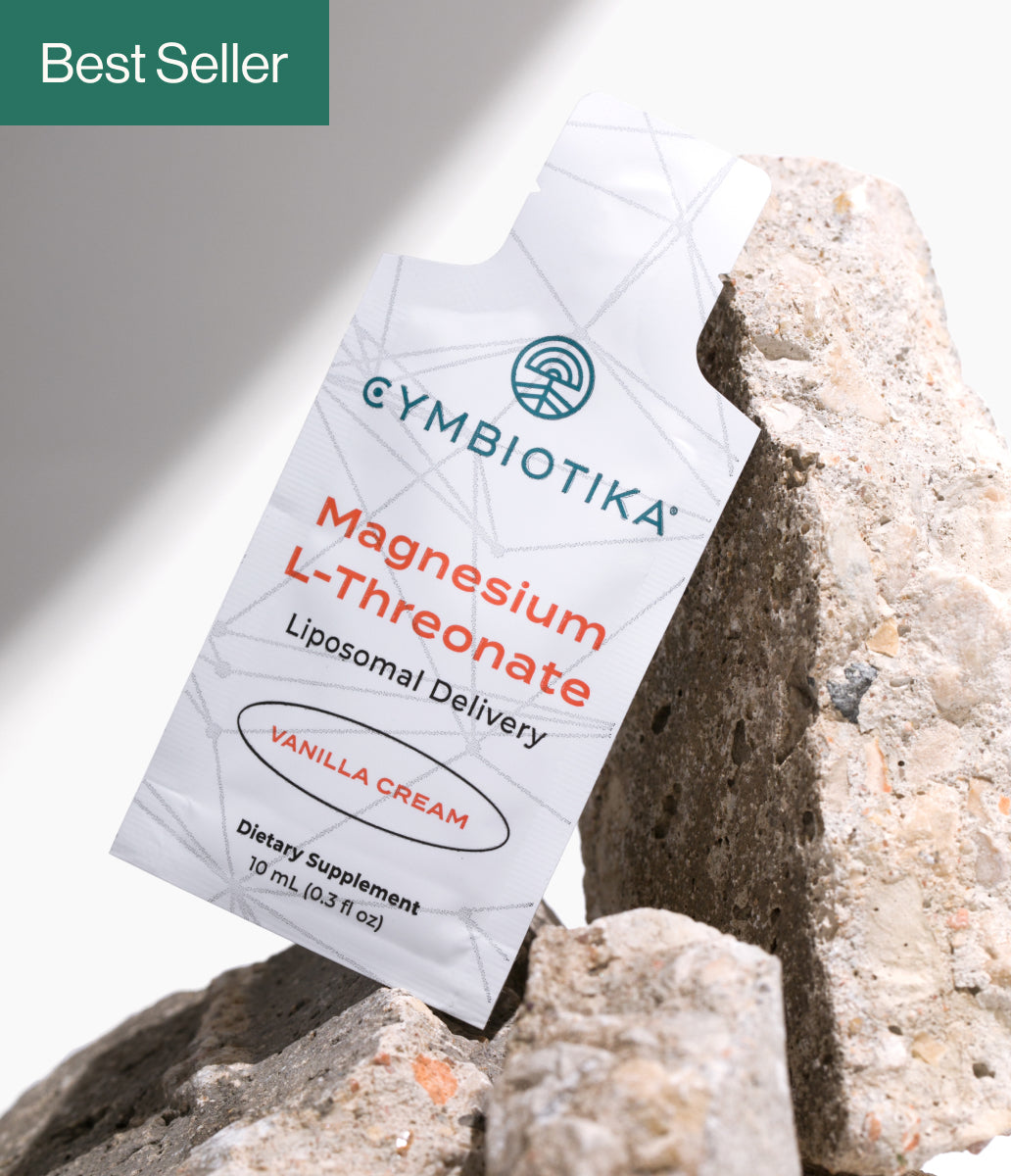
If you’ve ever dealt with excess gas and abdominal bloating, you know the discomfort—and occasional embarrassment—that accompanies an upset stomach.
While some excessive gas and abdominal bloating is a natural byproduct of digestion, other cases may be more severe or painful. While you should always seek out medical attention in severe cases, activated charcoal can be used as a gut health supplement that helps manage symptoms associated with mild cases of gas and bloating—before they pose significant problems.
In this guide, we’ll discuss how you can use activated charcoal to improve your digestive health.
What Causes Gas and Bloating?
Before we get into how activated charcoal can help relieve excessive gas and bloating, let’s discuss what causes gas and bloating in the first place. In short, gas and bloating are caused by the release of gas during the digestion process.
However, if you’re suffering from continuous gas and bloating, it may be time to modify your lifestyle and/or seek medical attention.
Here are a few common causes of constant gas and bloating:
Symptoms of Gas and Bloating
While gas and bloating can be symptoms of other maladies, they also have symptoms of their own. Understanding these symptoms can help you identify your condition and seek the proper treatment.
According to one study on gastrointestinal gas, the symptoms of gas and bloating can be broken down into three categories:1
The good news is that, while these symptoms may cause pain (and maybe even some embarrassment), they can almost always be quickly reduced or eliminated with activated charcoal for gas and bloating.
Activated Charcoal and How It Works
Commonly used in hospitals to treat overdoses and accidental acute poisoning, activated charcoal is a substance made from several carbon-based materials. These materials include:2
- Wood
- Sugarcane
- Coconut shells
- Coal
- Soybean hulls
- Peat
- Petroleum
The chemistry involved in manufacturing activated charcoal can be complex. In short, activated charcoal is made by heating one or more of the above substances until the material’s surface area and porosity increase.
This increased surface area and porosity enable the activated charcoal to trap harmful toxins. Once the harmful toxins are trapped by the activated charcoal, both the toxins and charcoal are unable to be absorbed into the bloodstream and eliminated as fecal matter.
But does activated charcoal help with gas and bloating? The answer is a resounding yes!
How Activated Charcoal Reduces Gas
To understand how activated charcoal can help reduce gas, it’s important to know the difference between absorption and adsorption.
Whereas absorption refers to the ability of one substance to be completely subsumed by another substance, adsorption refers to the ability of one substance to trap another substance on its surface.
Activated charcoal thus used adsorption to trap gas molecules on its surface and in its widened pores.3
Activated charcoal’s ability to trap gas also results in less odorous flatulence. By binding sulfuric gases to its surface, activated charcoal greatly reduces unwanted smells. Additionally, activated charcoal can trap the bacteria and toxins that cause the gas. Once the activated charcoal traps the bacteria, the gas-causing agents are expelled.
How Activated Charcoal Reduces Bloating
Although some bloating may be related to excess gas production, bloating may also be a sign of a more serious problem: inflammation caused by harmful gut bacteria.
According to many studies, several species of harmful bacteria can disrupt the typical colonic bacterial makeup, leading to inflammation.4 This might be one of the many signs you need a colon cleanse. Fortunately, activated charcoal can reduce this inflammation by trapping and eliminating these harmful toxins. Learn more about using activated charcoal for a stomach bug.
Benefits of Activated Charcoal for Gas and Bloating
As stated above, using activated charcoal to help reduce gas and bloating is useful and comes with many great benefits:
Activated Charcoal Forms
Activated charcoal comes in several forms. These forms include:
- Sprays
- Powders
- Capsules or tablets
In general, your symptoms dictate the form you’ll need. For instance, while activated charcoal powder is typically used to treat poisoning, activated charcoal pills or tablets are used to relieve gas and bloating.
That said, Cymbiotika Activated Charcoal’s beneficial for all your digestive needs. That’s because Cymbiotika Activated Charcoal’s packed full of natural, colon-friendly ingredients designed to detoxify your system.
These ingredients include:
Cymbiotika Activated Charcoal is the best of the best when it comes to controlling gas and balancing digestive acids.
Need diet ideas for your detox? Learn more about the different types of foods to cleanse the colon.
Relieve Gas with Cymbiotika
Few things can ruin an afternoon, like gas and bloating. Not only do you have to deal with the embarrassment of bad odors, but you’ll also likely feel stomach pain and distension. Fortunately, there’s a safe and effective remedy designed to reduce gas and bloating—activated charcoal.
Derived from superheated carbon, activated charcoal can get your gastrointestinal health back to where it needs to be. But why settle for just any activated charcoal when you could get the best activated charcoal on the market?
Made from organic, plant-based materials, Cymbiotika Activated Charcoal can help treat a wide range of digestive issues—from gas and bloating to accidental overdoses and poisoning. In addition to eliminating gas, Cymbiotika’s activated charcoal can also help with mold, radiation, and pesticide exposure, as well as pharmaceutical residues and Candida overgrowth.
Empower yourself and your digestive system with Cymbiotika. We use only the most high-quality ingredients to ensure your body is getting what it needs (and deserves) to thrive.
Sources:
- U.S. National Library of Medicine. Gastrointestinal Gas. https://www.ncbi.nlm.nih.gov/pmc/articles/PMC1268474/pdf/cmaj00181-0019.pdf/?tool=EBI
- ScienceDirect. Activated Charcoal. https://www.sciencedirect.com/topics/agricultural-and-biological-sciences/activated-carbon
- U.S. National Library of Medicine. Gas and Bloating. https://www.ncbi.nlm.nih.gov/pmc/articles/PMC5350578/
- U.S. National Library of Medicine. The Role of Gut Microbiota in Intestinal Inflammation with Respect to Diet and Extrinsic Stressors. https://www.ncbi.nlm.nih.gov/pmc/articles/PMC6722800/
- U.S. National Library of Medicine. The Intestinal Fate of Citrus Flavanones and Their Effects on Gastrointestinal Health. https://www.ncbi.nlm.nih.gov/pmc/articles/PMC6683056/






















